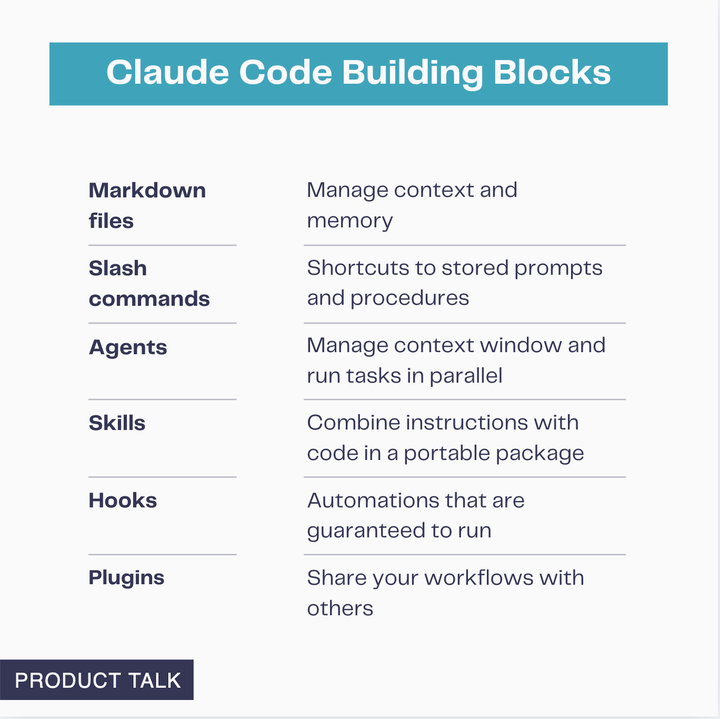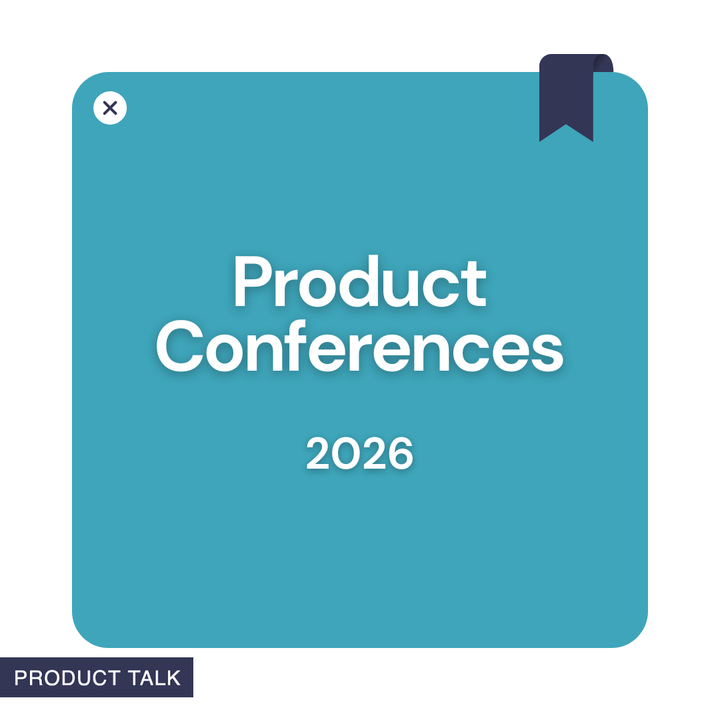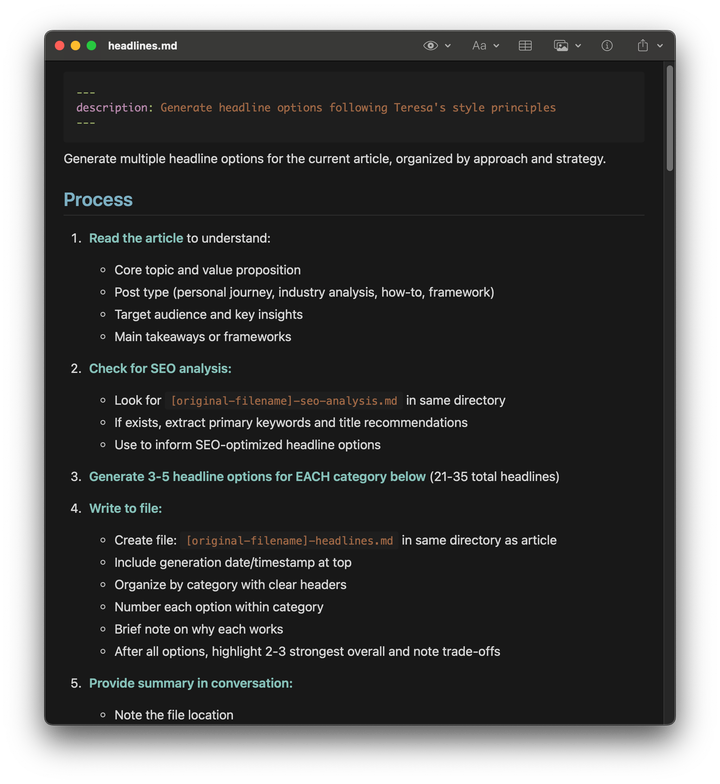My Top Reads from 2013
I try to read a book a week and I was right on target reading 50 books in 2013. These were the best of the crop.


To Sell Is Human: The Surprising Truth About Moving Others

If you have an aversion to sales, don’t think of a used-car salesman. Instead, think of any time you have to argue for more resources, when you have to barter for more time or to reduce scope, or when you are debating with an engineer about how a feature should work.
Pink’s sales book isn’t about spinning, wheeling and dealing, or “always be closing.” Trust me, even the thought of the movie Glengary, Glen Ross makes my stomach turn. Instead, Pink outlines his new ABCs of selling:
- Attunement: tuning in to the other person
- Buoyancy: staying afloat in the face of rejection
- Clarity: the ability to help others see their own situation more clearly



Many of us focus on managing our time but fewer of us focus on managing our energy. This book introduces a number of ways to do just that. It reinforces many things I’d already read elsewhere: work in 90 minute chunks, incorporate daily rituals to automate progress, build capacity by working at the edge of your limits.
If these concepts are new to you, I highly recommend this book. Most founders, product managers, and designers have way too much on their plate. These techniques can go a long way for managing it all.


The Success Equation: Untangling Skill and Luck in Business, Sports, and Investing

I loved this book. Thanks to Malcolm Gladwell’s Outliers, it’s easy to assume that if we just put in our 10,000 hours, we’ll become experts. But that doesn’t capture the whole story. Deliberate practice works for skill-based activities. When luck plays a role, it gets a little more complicated.
Mauboussin talks about luck and skill as a spectrum and outlines a strategy for identifying what types of activities lie where. Your strategy for developing expertise varies based on where the activity sits. I love this stuff. And since so much of product is dependent on external factors (ie. luck) it’s a great read for those of us building products.


Lean Analytics: Use Data to Build a Better Startup Faster (Lean Series)

I already wrote a post about this book. If you haven’t read this book, you are ignoring a critical part of building great products. Get on it.



I reread this book in 2013 for one of my classes. I wish this was required reading for everyone. I’ve recommended it in the past in the context of building visual communication skills and even though this was a reread this year, it still makes my top ten. It’s a must-read for anyone who gives presentations.


Decisive: How to Make Better Choices in Life and Work

If this was an ordered list, this book would be first. I wrote thirteen posts about the material in this book. I’ve since designed a workshop on how to make better product decisions. The more we learn about the cognitive biases and mistakes we all make when making decisions, the more we need to adapt our processes to account for them. If we want to get better at building products, we need to first understand ourselves.



Similar to Decisive, Kahneman summarizes a decade's worth of research on cognitive biases and behavioral economics. It’s accessible, engaging, and extremely applicable to product. Read it cover to cover or jump around based on what you are working on.


Seeing What Others Don't: The Remarkable Ways We Gain Insights

The title of this book over promises, but it’s a good read nonetheless. Gary Klein collects stories about insights and tries to identify the patterns or circumstances that lead to those insights. It’s not conclusive by any means, but it’s an interesting read.
With the rise of the Lean Startup, we spend a lot of time talking about experiments, but not enough time talking about the insights that drive those experiments. This book provides inspiration for thinking about where product insights come from.


The Talent Code: Greatness Isn't Born. It's Grown. Here's How.

Daniel Coyle went to major talent hotspots around the world and studied how they teach and learn. The Talent Code is his summary of that research and it’s absolutely fascinating. He found similarities across baseball, tennis, music, and so much more. If you are like me and are interested in mastering your craft, this book is a must-read.


It's Not All About "Me": The Top Ten Techniques for Building Quick Rapport with Anyone

This was one of the last books I read this year and I’m glad I did. Written by a former FBI agent, it outlines how to build rapport quickly with anyone. Building rapport is critical for getting value of our customer interviews.
I’m already building my book list for 2014. What did you read in 2013 that you think product folks should read? Please share in the comments.
And if you don’t want to miss out on great content in 2014, please subscribe to my mailing list.




Comments ()